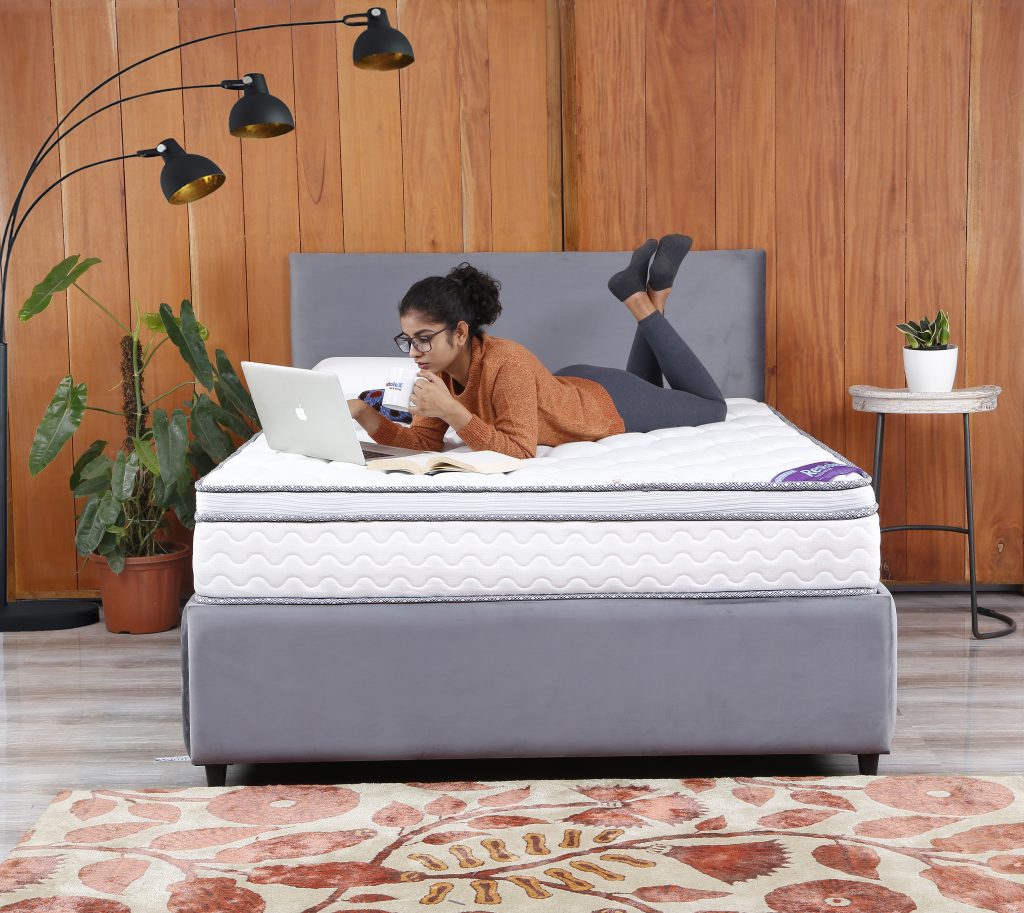Managing Sleep with a Busy Schedule: Tips for Better Rest on the Go
Maintaining good sleep hygiene can be challenging when you’re juggling a hectic schedule. Whether you’re balancing work, family responsibilities, or frequent travel, prioritizing sleep is crucial for your overall health and well-being. In this blog, brought to you by Restolex Mattress Company, we’ll provide practical tips to help you manage your sleep effectively even with a busy lifestyle.

1. Create a Consistent Sleep Schedule
Consistency is key to regulating your sleep-wake cycle. Aim to go to bed and wake up at the same time every day, even on weekends. This helps reinforce your body’s internal clock and improves the quality of your sleep.
- Set a Bedtime: Establish a bedtime that allows for 7-9 hours of sleep and stick to it as closely as possible.
- Morning Routine: Wake up at the same time every day to reinforce your body’s natural rhythm.
2. Optimize Your Sleep Environment
Creating a conducive sleep environment can significantly enhance your sleep quality. Even if you’re on the go, you can make small adjustments to your surroundings to improve your rest.
- Comfortable Mattress: Invest in a high-quality mattress from Restolex to ensure maximum comfort and support. A good mattress can make a significant difference in sleep quality.
- Sleep Accessories: Use sleep aids like travel pillows, eye masks, and earplugs when sleeping away from home to create a more restful environment.
3. Prioritize Sleep Hygiene
Good sleep hygiene practices can help you get better rest, even with a busy schedule.
- Relaxing Pre-Sleep Routine: Engage in calming activities before bedtime, such as reading, taking a warm bath, or practicing relaxation techniques like deep breathing or meditation.
- Limit Screen Time: Reduce exposure to screens and blue light in the hour before bed. Instead, opt for relaxing activities that don’t involve electronic devices.
4. Manage Your Work and Personal Demands
Balancing work and personal responsibilities can impact your sleep. Here are some strategies to help you manage your schedule while prioritizing rest.
- Set Boundaries: Establish clear boundaries between work and personal time. Avoid checking emails or working late into the night to prevent disruptions to your sleep schedule.
- Delegate Tasks: Delegate or outsource tasks when possible to reduce your workload and create more time for rest and relaxation.
5. Incorporate Short Naps Wisely
Short naps can be a useful tool for managing sleep when you’re on a tight schedule. However, timing and duration are crucial to avoid interfering with your nighttime sleep.
- Optimal Duration: Keep naps to 20-30 minutes to avoid grogginess and ensure they don’t impact your ability to fall asleep at night.
- Timing: Nap earlier in the day to prevent disruptions to your nighttime sleep.
6. Stay Active and Manage Stress
Physical activity and stress management play important roles in sleep quality. Incorporating regular exercise and stress-reducing practices into your routine can help improve your rest.
- Regular Exercise: Engage in moderate exercise, such as walking or yoga, to support better sleep. Aim for at least 30 minutes of physical activity most days of the week.
- Stress Reduction: Practice stress management techniques like mindfulness, meditation, or journaling to help relax your mind and improve sleep quality.
7. Healthy Eating Habits
What you eat and when you eat can affect your sleep. Adopting healthy eating habits can contribute to better rest, even with a busy lifestyle.
- Balanced Diet: Eat a balanced diet rich in fruits, vegetables, whole grains, and lean proteins. Avoid heavy or spicy meals close to bedtime.
- Hydration: Stay hydrated throughout the day but limit fluid intake in the evening to prevent nighttime awakenings.
8. Plan for Travel and Adjustments
Traveling or changing time zones can disrupt your sleep. Here are tips to manage sleep during travel or when facing temporary changes in your routine.
- Pre-Travel Adjustments: Adjust your sleep schedule gradually before traveling to help your body adapt to the new time zone.
- Travel Comfort: Use travel accessories like neck pillows, sleep masks, and noise-canceling headphones to enhance your comfort while sleeping away from home.
Conclusion
Managing sleep with a busy schedule requires intentional effort and planning, but it’s essential for maintaining your health and well-being. By creating a consistent sleep schedule, optimizing your sleep environment, practicing good sleep hygiene, and incorporating healthy habits, you can improve your sleep quality even with a hectic lifestyle.
Newsletter Sign Up
Join our community to receive exclusive updates, sleep tips, and special offers directly in your inbox. Stay informed and be the first to know about our latest products and promotions.

Contact Us
- 9/1, Ashokapuram, Industrial Suburb, Yeshwanthpur, Bengaluru-560022, India
-
care@restolex.com
Orders@restolex.com
Support@restolex.com -
+91-8750054466
+91-8123018558
